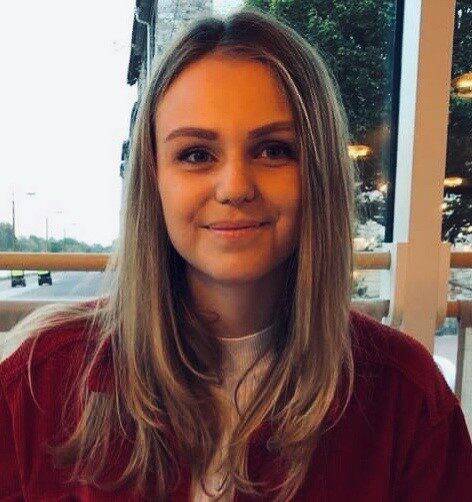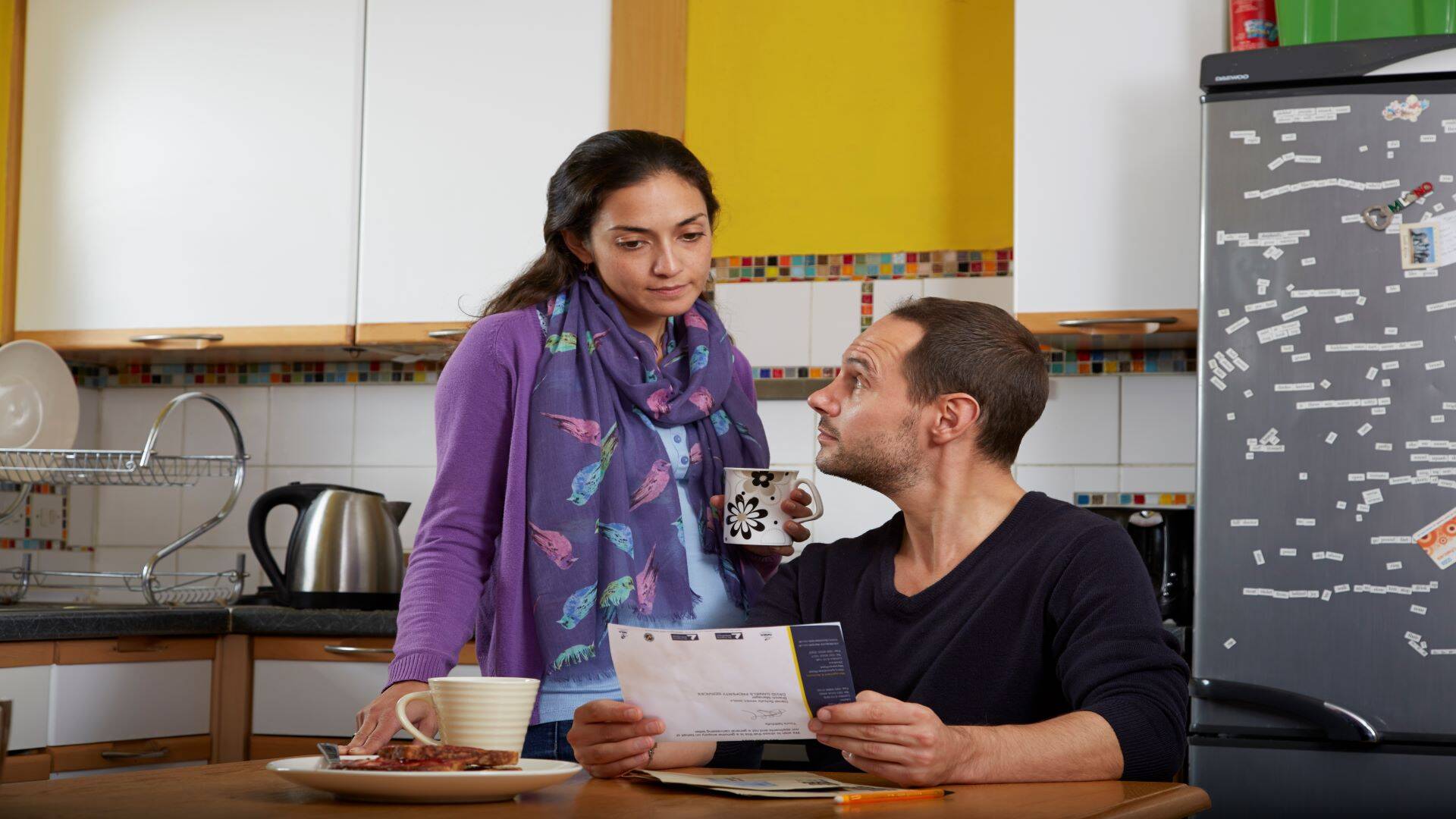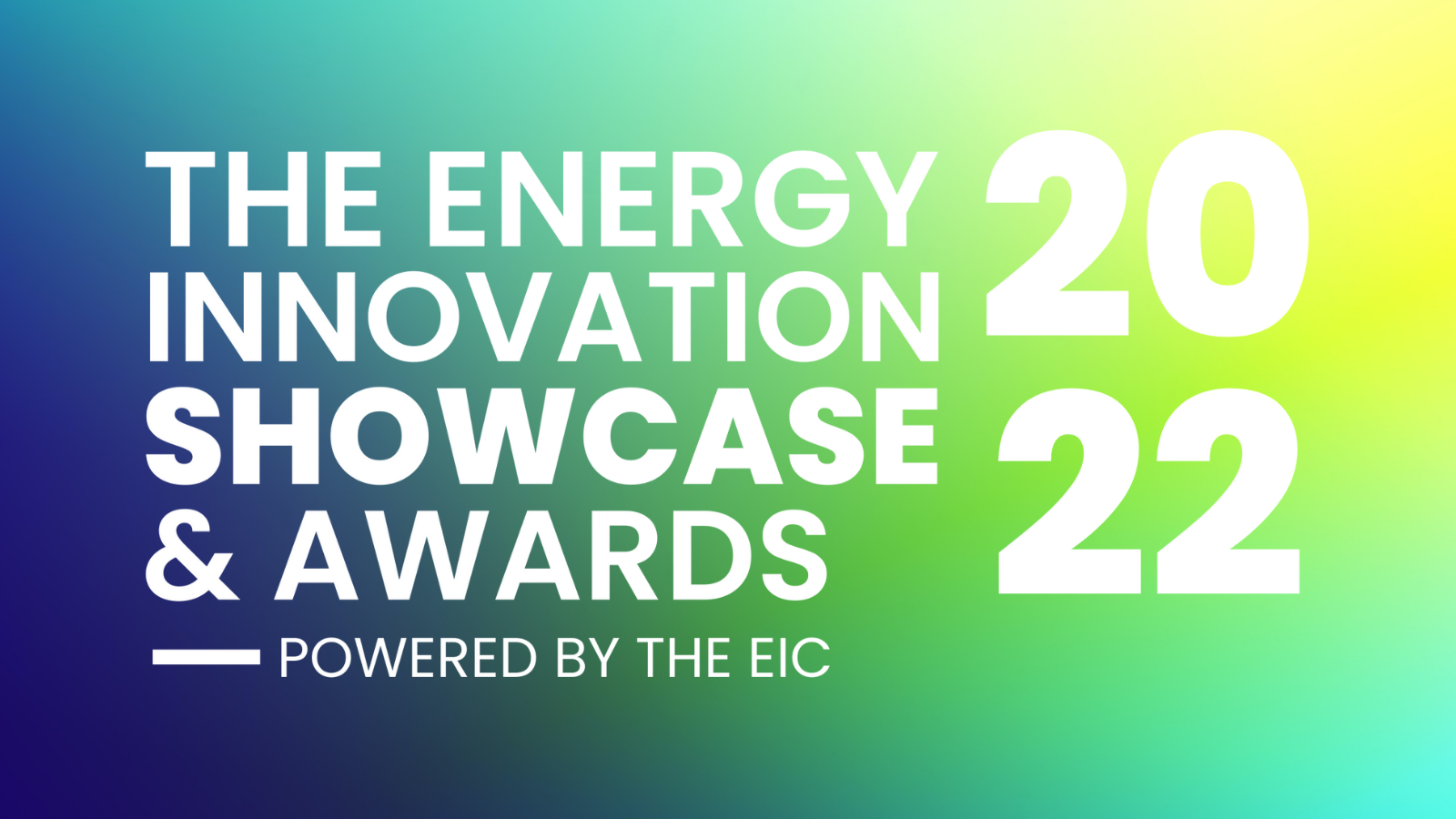You’ve reached your limit!
To continue enjoying Utility Week Innovate, brought to you in association with Utility Week Live or gain unlimited Utility Week site access choose the option that applies to you below:
Register to access Utility Week Innovate
- Get the latest insight on frontline business challenges
- Receive specialist sector newsletters to keep you informed
- Access our Utility Week Innovate content for free
- Join us in bringing collaborative innovation to life at Utility Week Live

Ahead of the 2022 Energy Innovation Awards, Utility Week Innovate spoke with young innovator of the year nominee Megan Smith, senior engineer, AI and analytics, at Frazer-Nash Consultancy.
What work experience or qualifications did you have before moving into the industry?
 My background is in maths and I have a Master’s degree in mathematical modelling and computing. These skills have helped me significantly in developing analytical and digital solutions for the utilities.
My background is in maths and I have a Master’s degree in mathematical modelling and computing. These skills have helped me significantly in developing analytical and digital solutions for the utilities.
What has been your career highlight thus far?
Being the project manager and technical lead for the Welfare Decision Tool project, developed in collaboration with Cadent.
What is the most significant way that today’s utilities sector differs from the one you first joined?
The industry has increasingly sought to develop more digital and data-driven solutions to solve problems and replace cumbersome, manual processes, which I think is a big step in the right direction.
What is your golden rule for overcoming challenges at work generally?
Communication. Through working at a consultancy, I have found that keeping clients informed and seeking support and collaborative help from colleagues is the best way to effectively navigate challenges.
What do you think is the key to creating the conditions for innovation within the utilities sector?
Agility, so that innovative ideas can come to fruition and provide benefits as soon as possible.
Did you learn anything new about collaborating or innovating as a team or business during the pandemic?
 People work best when they are in the work environment that suits them best and that they can flexibly choose, whether that is fully remote, fully in the office or a mixture of both.
People work best when they are in the work environment that suits them best and that they can flexibly choose, whether that is fully remote, fully in the office or a mixture of both.
Which other industry do you feel that utilities can learn most from when creating the conditions for innovation?
Logistics and production industries because they must be adaptable to changes to supply and demand, similarly to how innovation needs to be able to respond to new, or changes in, customer needs.
Is there a standout innovation or collaboration project that you’ve worked on during your time in utilities – what made it special?
 The Welfare Decision Tool project stands out to me the most because its development and trial was a great success, and it can be used straight away to improve the lives of vulnerable consumers.
The Welfare Decision Tool project stands out to me the most because its development and trial was a great success, and it can be used straight away to improve the lives of vulnerable consumers.
What excites you most about the next 10 years in the utilities sector – any trends, tech or specific innovations?
It would be great to see even more data-driven and digital solutions designed and implemented that will help to improve the lives and experience of consumers and the employees of the utility companies.
What do you think will be the defining factor in the UK hitting its net zero targets?
The ability for large corporations and businesses to go carbon-neutral or, even better, carbon-negative.
What is the change you’d most like to see within the utilities industry?
Quicker turn around on getting innovation projects started.
How do you feel utilities companies can collaborate more – or more effectively?
I think there will be value in unifying some of the shared processes that utility companies each have to carry out themselves, for example sharing payment systems regulator data and the approach to its collection and monitoring. Centralising aspects of these processes will allow more time and effort to be reallocated to focus on other parts of the business.
What do you think is the biggest challenge facing the utilities sector at present?
 Managing the financial demand placed on consumers during the move to net zero.
Managing the financial demand placed on consumers during the move to net zero.
Which issues or opportunities within the industry don’t you feel get enough airtime?
I can’t think of any in particular because I actually think there seems to be focus on a broad range of issues. As someone who has tended to work within the vulnerable consumer domain, I am happy to see that that topic has been given increasingly more airtime over the last few years.
What is the most significant way you think the utilities sector of ten years’ time will differ from the one we see today?
The industry of the future will be adept at working with and sharing a vast amount of real time and historical data to achieve efficient, safe operations in a net zero carbon energy system.
- Smith was the project manager and technical lead from Frazer-Nash Consultancy throughout the Welfare Decision Tool collaboration with Cadent. The tool allows engineers to tailor welfare products and services for customers who might find themselves in a vulnerable situation during a gas outage.

Head to the EIC’s Eventbrite page to buy tickets before 14 April 2022
Please login or Register to leave a comment.